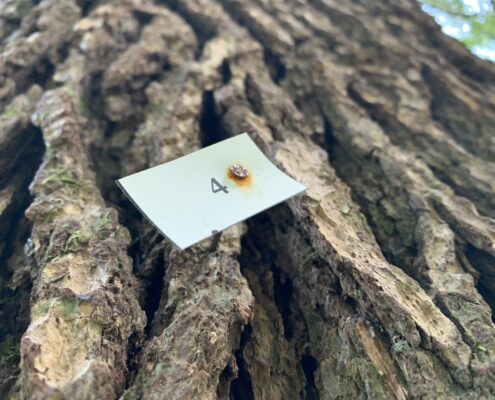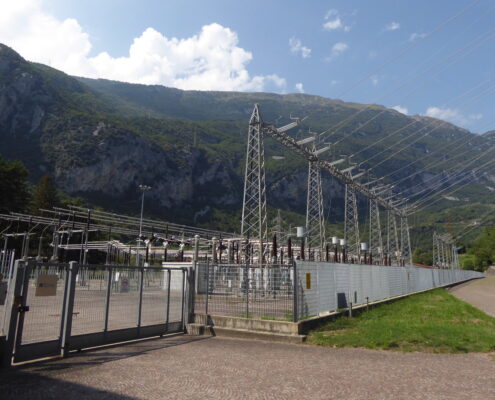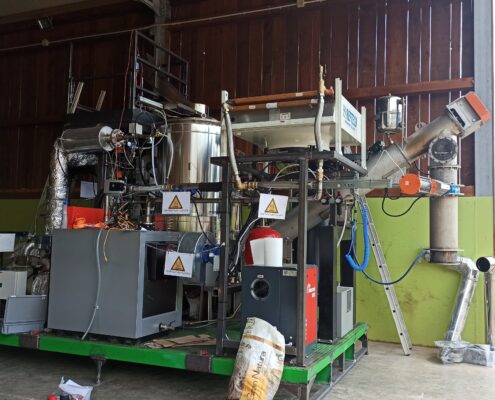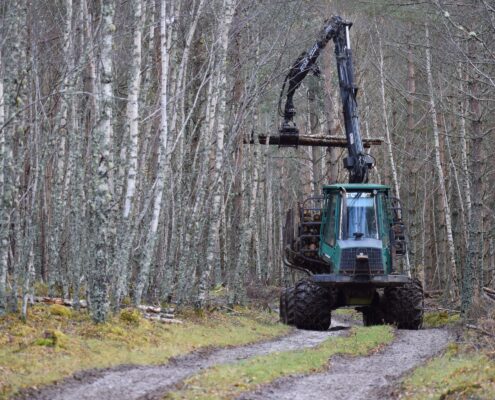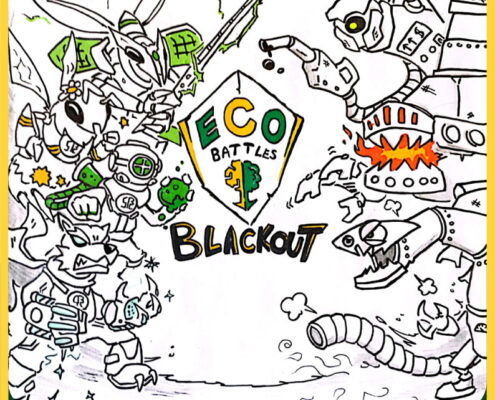 https://greenmarked.it/wp-content/uploads/2023/12/tom-dahm-Tvnfjn4n00I-unsplash-scaled.jpg
1438
2560
Lorenzo Barbieri
https://greenmarked.it/wp-content/uploads/2022/01/LOGO-GREENMARKED-SITO-600x600.png
Lorenzo Barbieri2023-12-08 19:15:292023-12-11 21:23:33The Point of View of AI
https://greenmarked.it/wp-content/uploads/2023/12/tom-dahm-Tvnfjn4n00I-unsplash-scaled.jpg
1438
2560
Lorenzo Barbieri
https://greenmarked.it/wp-content/uploads/2022/01/LOGO-GREENMARKED-SITO-600x600.png
Lorenzo Barbieri2023-12-08 19:15:292023-12-11 21:23:33The Point of View of AIAugust 5, 2022
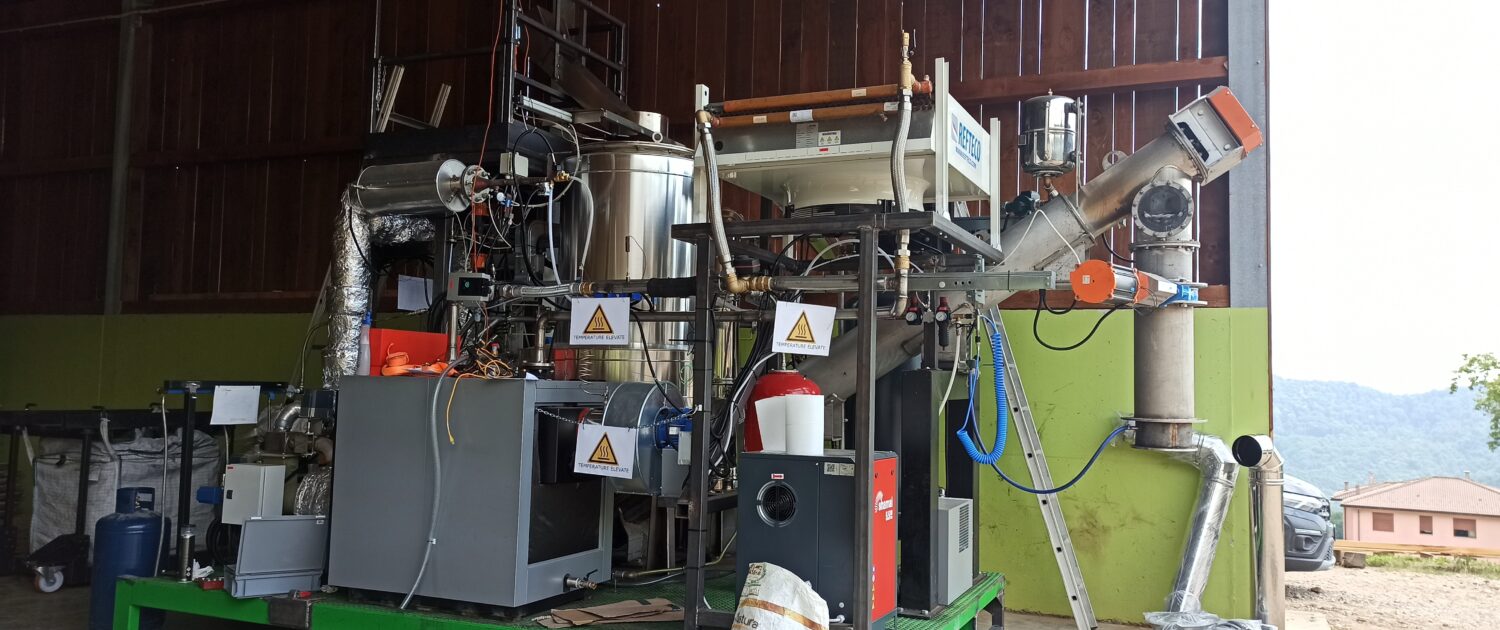
It ended in the best possible way on July 15, 2022 through a day of seminar and sharing of results at Valli del Pasubio (VI – Italy) the CAREGA project. In the strand of proposals on the topic of circular energy and biomass supply chains in Veneto and Trentino already inaugurated [1], the present project is, in its fullness, perfectly placed in that context. CAREGA: Local charcoal as a strategic tool for the bioeconomy of the Piccole Dolomiti Vicentine aims, in its capacity as an initiative funded by the Rural Development Program for Veneto 2014–2020, Measure 16 [2] to:
• The valorization of waste/zero value material by processing it into charcoal (forest-wood-energy supply chain). An innovative demonstration plant will be implemented, supporting the entire valorization of the subject “tree” (cascading);
• Aggregation of forest land through innovative contractual forms, following European examples, to increase active forest management (wood mobilization).
In this sense, the project addresses not only the purely technical and engineering problem of designing a machine suitable for the production of high-quality charcoal for culinary uses that is at the same time efficient, economical, easy to use and easy to transport but also fits strongly into the typically pre-alpine problem of forest land fragmentation.
And if, in fact, few doubts still remain at the end of the project about the functionality of the production machinery — at least at the experimental level — easily implemented with technical improvements in the near future, it is precisely with regard to the involvement of the territory, in its small woodland owners, of the few user firms that concerns become more pressing.
An optimization of the forest–wood–energy supply chain is not yet a reality for the mountain areas of Vicenza to date.
Absent or unknown forest owners, highly fragmented and small plots, often difficult to access and mechanize make, in many ways, the possibility of truly active and for productive purposes forest management of the resources stored here fatuous.
Not only that, non-marketable production waste such as firewood or — for the little present — opera wood, turn out to an important extent for these areas. Chestnut wood waste proposed for use in the CAREGA project is an excellent example.
Consider, in fact, how not only has the reduced utilization of the forest asset in recent decades led to an almost total abandonment of forests — with consequent risks related to afforestation of neighboring agricultural areas, increased fire risk as well as hydrogeological and landslide risk and the growth of allochthonous species — but, a far more worrying fact, has generated a breakdown of all supply chain relationships between owners, user companies and forest enterprises [3] .
In this sense, the project — on behalf of the partner ETIFOR, a spin-off of the Department of Territory and Agro-Forestry Systems (TESAF) of the University of Padua — proposes the study of new contractual forms suitable for the satisfaction, including economic satisfaction, of all the actors of the supply chain in the area.
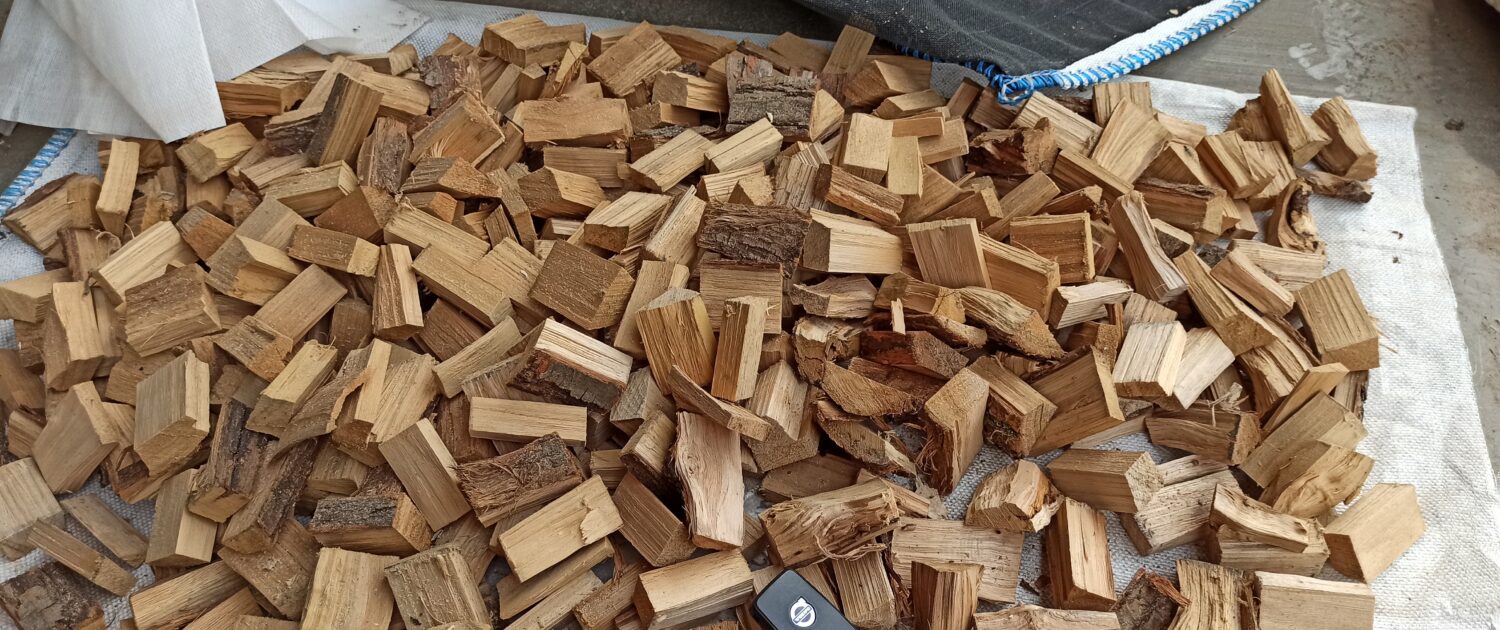
Fig. 1: The CAREGA project involves the use of chestnut waste products as biomass for the production of charcoal for culinary use. Photo Associazione Forestale Vicentina (July 12, 2022)
Valuable starting point and point of pride for the territory of the Piccole Dolomiti turns out to be, in this regard, the Vicenza Forestry Association.
Established in 2002 as part of PSR funding, it remains to this day one of only two Forest Associations still active in the Veneto region, out of the fourteen originated by funding two decades ago. Since its inception, the Association — made up of forest owners — has aimed to «organize members’ forest property to enable sustainable forest management» [2].
Contracts presented during the project’s concluding conference are, in this sense, effective tools for overcoming the problems associated with abandonment of forest management.
It is proposed, by way of non exhaustive list:
• The introduction of the figure of the “forest contractor“, who can take over the management of the entire supply chain even in multifunctional terms and with multi-year ad-hoc contracts, as well as provide for the management of various financing;
• The introduction of “Forest Agreements”, by force of law L. 29 luglio 2021, n. 108.
And it is precisely these Forest Agreements that could be an active tool for «valuing public and private land with agro-sylvo-pastoral vocation as well as for the conservation and delivery of the ecosystem services provided by forests» (As stated in art.3, comma 4 quinquies 1 of decreto legge n. 5 2009, converted with amendments into L.9 aprile 2009 n.33).
In this sense, in fact, such Forest Agreements — of which National Rural Network has edited an exhaustive analysis in [4] — represent an additional regulatory tool, in addition to those already existing, for “networking,” in the legal and negotiating sense, for the creation of economic chains — for the purpose referred to in Article 3 above — where there are rights and obligations for all contracting parties.
With this in mind and through the creation of a local ad-hoc market (for the CAREGA project, of charcoal for culinary use), one can truly hope for the reestablishment of an active and participatory forest management that can both create an economy and fit into the theme of bioenergy with reuse of production waste. It would benefit not only our forests, but also all those who live off them as well as the entire territory that revolves around them on a daily basis.
Related articles
Bibliography:
[1] Gecchelin, M. (2022, June 24). A State-Of-The-Art Review of the Biomass Supply Chain in Trentino and Veneto [Online; dated 26-July-2022]. GreenMarked. https://greenmarked.it/a-state-of-the-art-review-of-the- biomass-supply-chain-in-trentino-and-veneto/
[2] Associazione Forestale Vicentina. (2022). PROGETTO CAREGA [Online; dated 26-July-2022]. https://www.progettocarega.it/it/
[3] ETIFOR. (2022). Carbonella certificata dalle foreste di montagna italiane [Online; dated 26-July-2022]. https://www.etifor.com/it/portfolio/ carega/
[4] Rete Rurale Nazionale. (2021). Gli Accordi di Foresta. Una nuova opportunità per il settore forestale nazionale. Report di approfondimento [Online; dated 26-July-2022]. https://www.reterurale.it/flex/cm/pages/ServeBLOB.php/L/IT/IDPagina/23814

